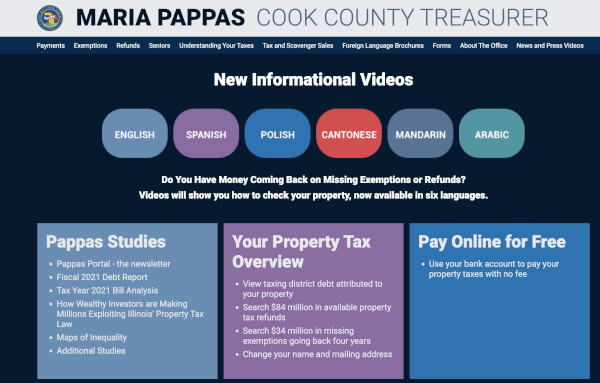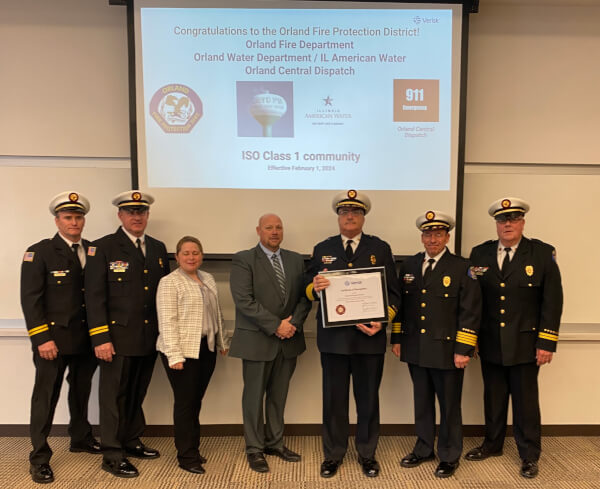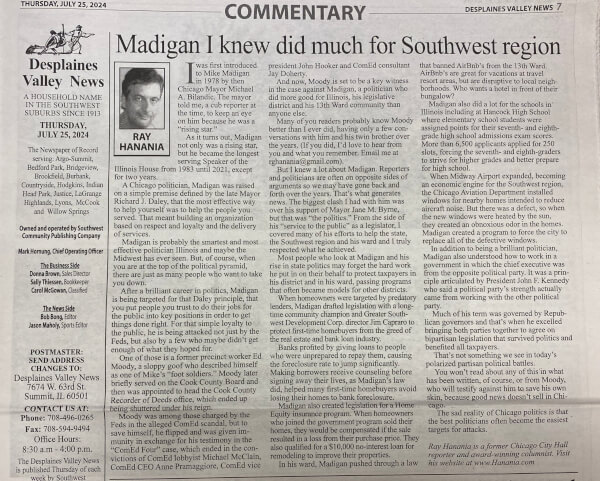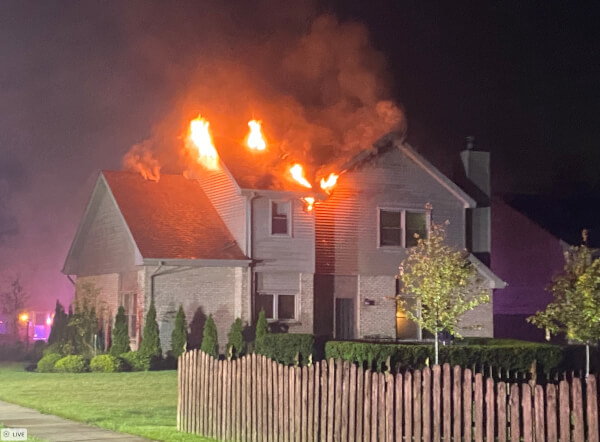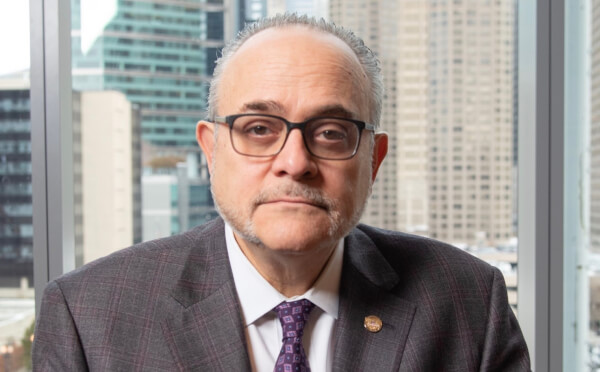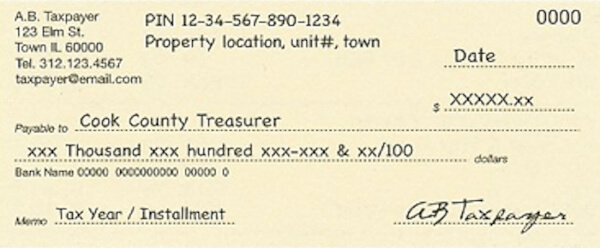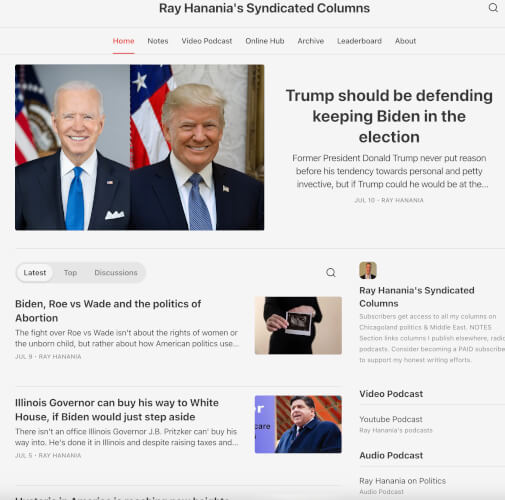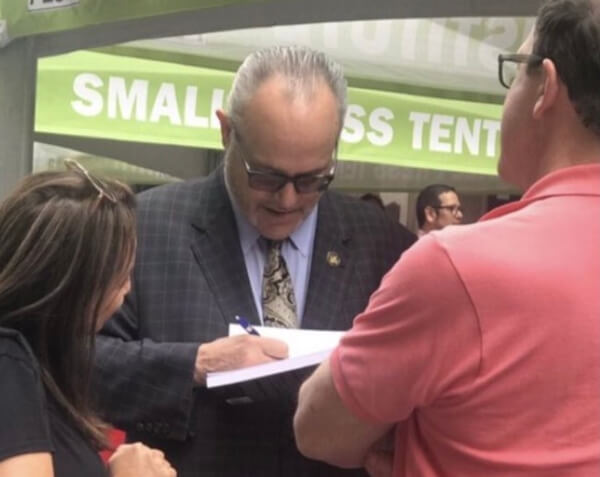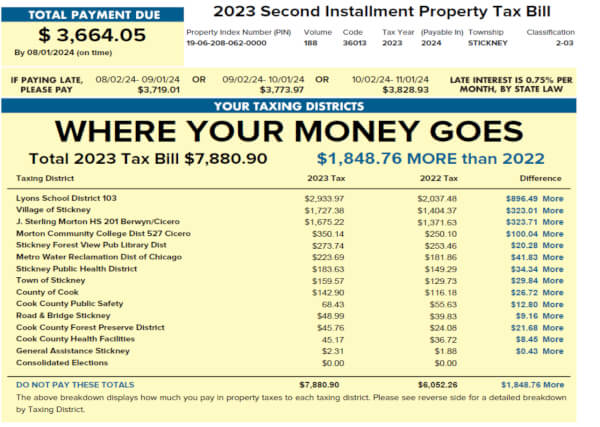Multi-Agency collaboration reduces backlog at the Illinois Human Rights Commission
The Illinois Human Rights Commission (HRC) is releasing its first Progress Report on transforming service delivery and addressing the backlog of cases pending before the HRC.
The report comes in response to Executive Order 18-08, issued by Gov. Bruce Rauner in June, which required the HRC to work collaboratively with the state’s Department of Human Rights (IDHR) to eliminate the backlog and further improve how the State communicates and delivers services to residents under the Illinois Human Rights Act.
“This executive order was issued to streamline government services and provide due process to Illinois residents,” said Rauner. “The reduction in the backlog and restructuring of the Commission makes Illinois more efficient and ensures that taxpayers receive due process and the assistance needed with their cases. This is a huge win for the people of Illinois.”
The HRC and IDHR partnered with the Bureau of Administrative Hearings to develop and implement a multi-faceted plan to address deficiencies that led to the backlog. Their efforts have led to a 44% reduction of pending cases, which dropped from more than 2,500 to 1,445. The request for review backlog has decreased by 40%.
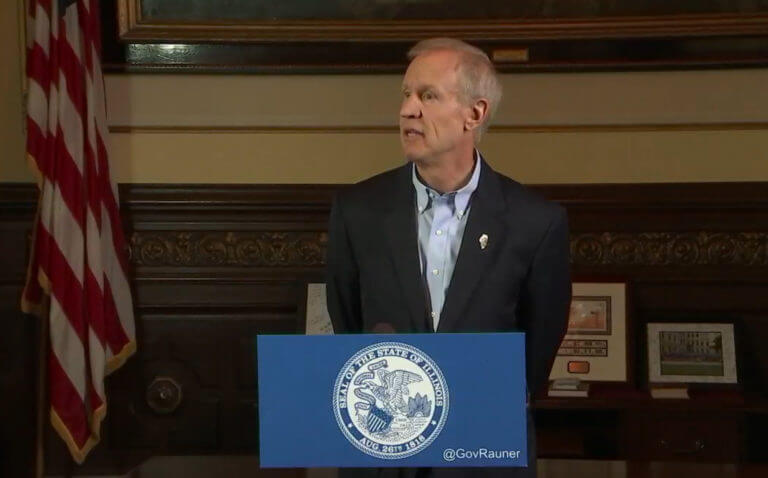
“The Governor’s executive order facilitated agency collaboration leading to the execution of a robust and effective process of backlog reduction at the Human Rights Commission,” said HRC Executive Director Philip Dalmage. “The new leadership and staff reduced the backlog by 44% in less than six months which exceeded expectations. We look forward to continuing this trajectory and eliminating the backlog completely.”
Along with these significant decreases, the Commission has created the infrastructure, accountability and transparency needed to prevent further backlog. This includes: revamping the website for increased accessibility of services, extended outreach and community education efforts, eliminating repeat audit finding by publishing all decisions issued by the Commission from 2015 through present, increasing both the frequency of Commission Panel meeting and the number of cases presented to Commission Panels from 12 per panel to 60, creating a robust training program for new attorneys and Commissioners, with 17 different workshops, drafting rules to implementing SB20 and planning for the overhaul of the Commission structure proactively.
“The issuance of this First Progress Report is a culmination of interagency collaboration that originated over a year ago, when the Department began to regularly meet and strategize with the Commission,” said IDHR Director Janice Glenn. “From the beginning, the Department has championed this partnership to eliminate the backlog at the Commission by examining and seeking process improvements, entering intergovernmental agreements, and sharing resources. I am proud of the progress made, and that the Department could contribute to this vision of improved due process and efficiency in such a meaningful way.”
“What’s most exciting about our collaboration is that we are continuing to reinvent the way in which our State provides services to citizens,” said CMS Bureau of Administrative Hearings Deputy Director Katy Straub. “This effort was never about simply hearing cases quickly. Its focus has been delivering timely, just, high-quality decisions for the people of Illinois.”
This First Progress Report serves as a recommitment by the transformation team to continue its hard work and momentum in the coming months and keep on track to eliminate Illinois’ backlog of human rights cases. The Commission predicts that backlog will be eliminated by August 2019, ahead of the December 2019 deadline.
The Illinois Human Rights Commission hereby submits to you its Annual Report for the Fiscal Year 2018.
Fiscal Year 2018 marks a transition point for the Illinois Human Rights Commission as we begin an exciting journeytoharnesstheRequestforReviewbacklogthathasplaguedtheagencyforseveralyears. TheCom- mission itself will be redesigned following the passage of Public Act 100-1066 which transforms the Commis- sioner’srolesintofull-timepositionsinFY19. TheCommissionapplaudsthesemovesaspositiveactionsin its efforts to create dynamic change in the delivery of services to the public.
Governor Bruce Rauner signed Executive Order 2018-08 on June 20, 2018, which requires the Commission to eliminate the Request for Review backlog in 18 months. The plan required under the Executive Order will lay out the strategy to accomplish this important task. The review and streamlining of system processes with the addition of updated technology and additional human resources will ensure the accomplishment of the goal and result in the timely delivery of services to the public.
Governor Rauner also signed into law Public Act (100-1066), legislation that changes the role of a Human Rights Commissioner from part time to a full-time appointment along with other procedural changes to the Illinois Human Rights Act. The Commission looks forward to the implementation of these initiatives as ce- menting the legacy of Illinois as a leader in civil rights protection in the country.
We,also,wanttorecognizetheworkperformedbythestaffinFY18. ThisyeartheCommission’sannualin- takewas382caseswithadispositionrateof95%. IntakeforFY18RequestsforReviewreflectadecreaseof 12%, in comparison to FY 17. We are also pleased to highlight the quality of service by staff and commission- ers, as the Commission has maintained a 95% plus affirmation rate within the appellate court system of Illi- nois.
We remain committed to serving the people of Illinois with a renewed emphasis on quality, service and out- reach to the public, the General Assembly and other potential partners on the resources available to resolve discrimination claims in Illinois.
Sincerely,
Rose Mary Bombela-Tobias
Chairman, Illinois Human Rights Commission

